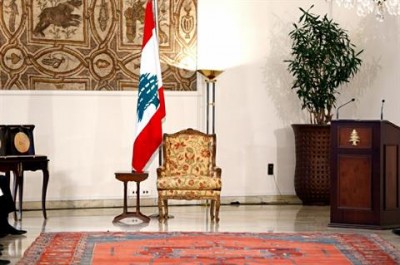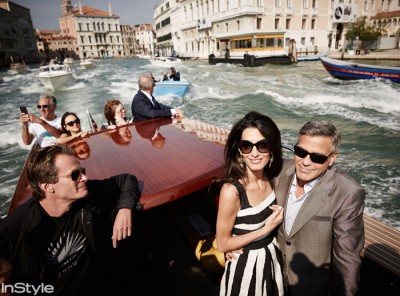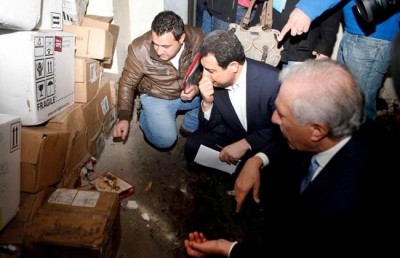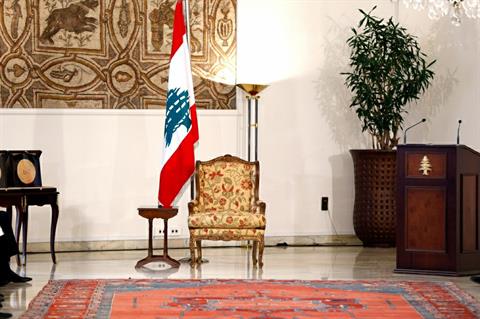
A year ago I wrote, “2013 was an unparalleled disaster for Lebanon”. But I was wrong – this year we outdid ourselves. We have not had a president since May 25, when Michel Suleiman’s term ended; the economy has gone walkabout; the tourists have disappeared; displaced Syrians keep appearing and those nice people from ISIL are threatening to turn the Bekaa Valley into a battlefield.
This year’s catalogue of mishaps started off with a gentle warm-up in the shape of a water shortage. January is normally very wet, but we were all caught on the hop when the heavens did not open. And when it did rain, Beirut flooded because no one at the ministry of public works bothered to check if the drains had been unblocked after the summer. The airport road was waterlogged, trapping commuters and air travelers in their cars for hours.
Valentine’s Day exposed a shocking lack of maturity from the retail sector when the leading white goods outlet Khoury Home advised men to not give their beloved chocolates because “they make her fat”, implying she would really want something really useful, such as an iron or a Hoover. Someone had clearly not been reading his or her Camille Paglia.
In March, the government told the country that its major fiscal priority was not, in fact, to kick-start a moribund economy by lowering lending rates and helping small businesses. Instead, it sombrely told us that it had to find ways to pay for a long-demanded civil service pay rise. Which would not be so bad if our public sector actually turned up to work every now and then. The funding, we were told, would come from an increase in VAT on luxury goods, a raise in tax on interest on deposits and a newly created fine on illegally obtained land … yeah, me too.

In spring, the Lebanese tourism minister, Michel Pharaon launched “Live, Love Lebanon”, the latest tourism campaign to tell the world that we were once again open for fun in the sun. Sadly, on that week, the cover of the weekend magazine of the London Financial Times did its best to spoil the party. “Lebanon: what future now?” blared the headline. “Beirut, the faded jewel of the Mediterranean looks as though it is never going to recover its lustre.” Ouch.
In June, Beirut welcomed Jim Yong Kim, the head of the World Bank, who promptly reminded anyone who cared to listen that the Syrian civil war will have cost Lebanon US$7.5 billion, roughly 18 per cent of GDP, by the end of the year. He also told us that GDP had dropped by 2.9 per cent each year since 2012, while unemployment had soared to above 20 per cent. Mr Kim likened the influx of Syrian refugees fleeing the conflict to the whole of Mexico moving to, and working in, the US.
Still, we had the Fifa World Cup to cheer us up. Or did we? The government promised everyone that it had agreed a deal with Qatar’s Al Jazeera network that gave TeleLiban, Lebanon’s underfunded state channel, the broadcast rights for free. The opening ceremony came and went and yet there was not even a sniff of a signal. Viewers who had the French channel TFI saw the opening ceremony and about 30 minutes of the first match between Brazil and Croatia before that cut out, leaving most football fans fuming in front of a frozen goalmouth scramble. Oh yes, and in June we ran out of water again.
And so we chugged along until the end of November, when we heard whispers that the main international companies that had initially shown interest in bidding for drilling rights to extract the estimated 1.9 billion barrels of oil and 122 trillion cubic feet of natural gas were no longer “optimistic about the prospects of launching a licensing round”, blaming Lebanon’s chronic politicking and hinting that there were no guarantees that they would summon up the appetite to participate in any future tender should the government ever get its act together.

Happy New Year
The National


Leave a Reply
You must be logged in to post a comment.